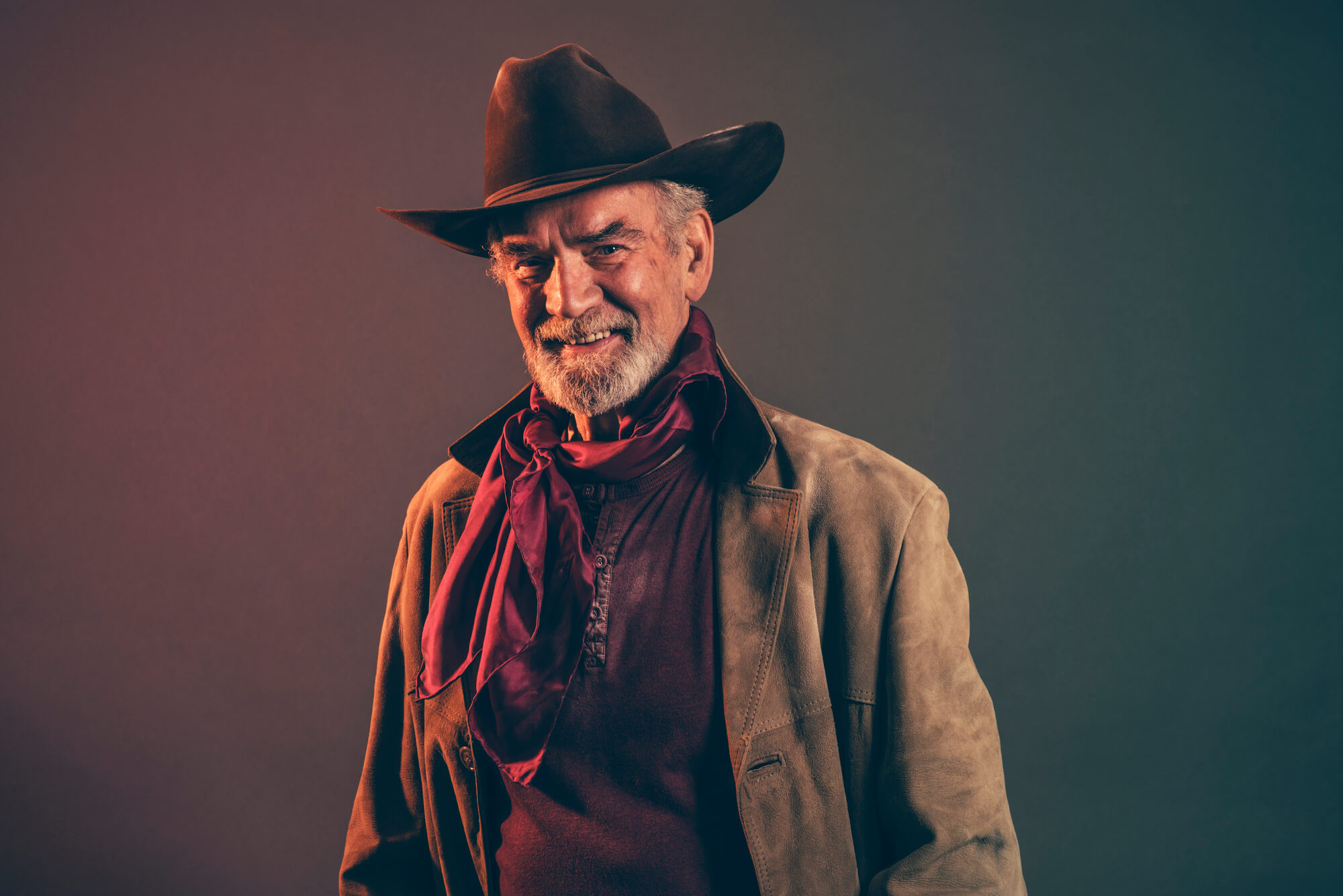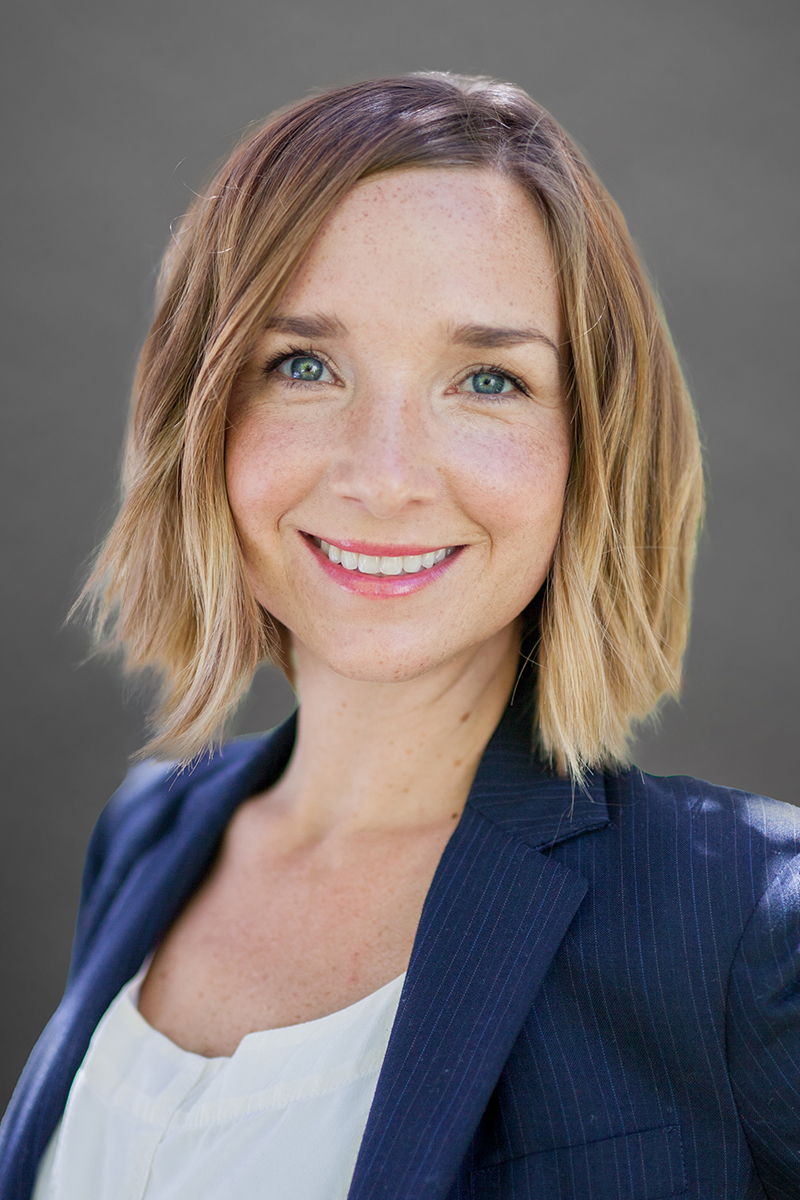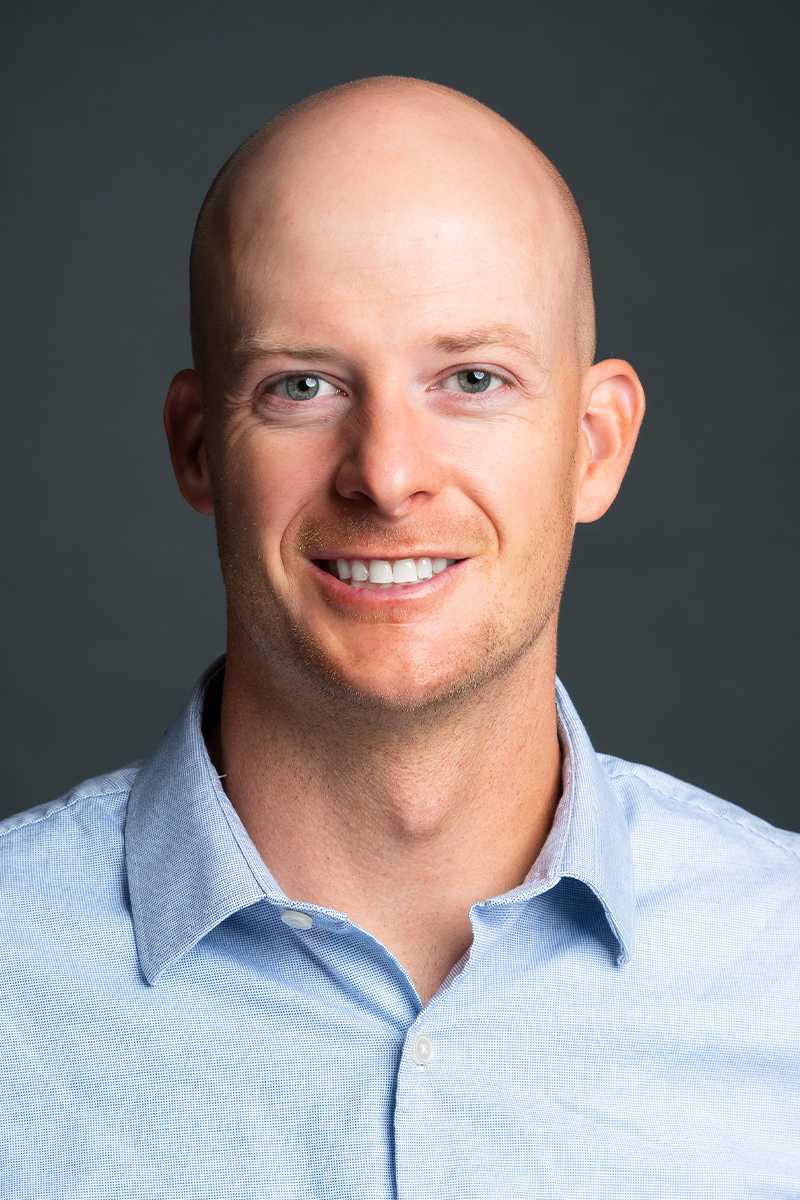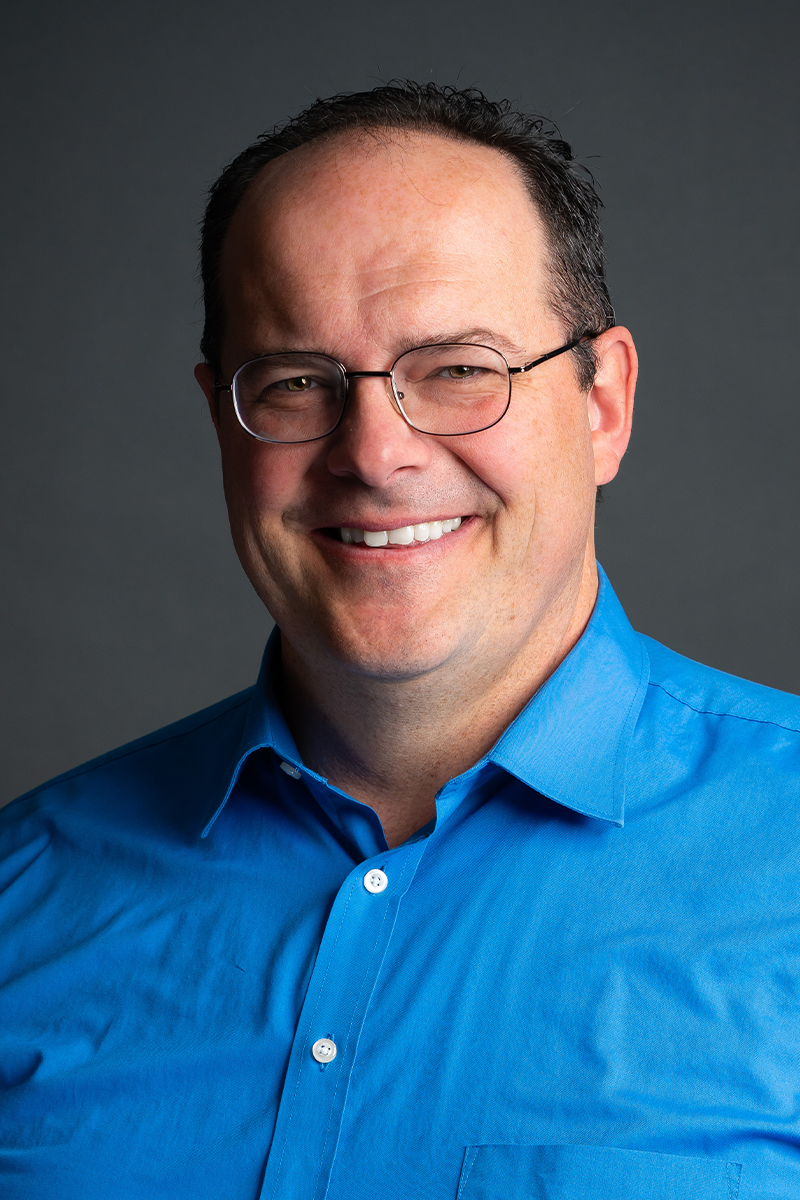Almost twenty-one years ago, one of my favorite patients asked me about screening for colon cancer. He was a true cowboy. He grew up herding sheep in the Wasatch Mountains, and even though he was in his late 70’s, he was still regularly herding livestock on horseback. Talking about and potentially examining his colon wasn’t something for which he was looking forward. As a World War II veteran, when he was told that he was overdue for colon cancer screening, he looked like I was asking him to hit the beach again somewhere in the South Pacific. But he “cowboyed up” and agreed to be screened. When the results came back, we had found a small mass that turned out to be early cancer. After removing the mass, he lived another 18 years, cancer-free, spending time with his family, and having adventures in the mountains he loved. He worked on his horse well into his 90’s. That is real, non-Hollywood, Utah True Grit.
Colon cancer meets all criteria for cancer screening. It grows slowly and doesn’t spread until later in the disease. Meaning, there is a long period during which it can be detected and easily cured.

There are many options for screening. Most of my patients choose between a full colonoscopy, yearly stool testing, or newer stool-based tests every few years. Stool-based tests do not require any cleansing of the colon (also called “prep”), but if the test result is positive, a colonoscopy to examine the colon for masses or polyps is required.
During a colonoscopy, the colon is inflated with air and carefully examined. The removal of early cancers or pre-cancerous polyps found during the colonoscopy will often prevent a need for subsequent surgery. Patients are sedated during colonoscopies to lessen any discomfort. A “Virtual Colonoscopy” is also an option, but it still requires both the uncomfortable colon cleansing prep and the colon’s painful inflation. The “Virtual Colonoscopy” uses a CT x-ray machine to examine the inflated colon, but is performed without sedation and hasn’t been very popular.
Most of my patients who choose a colonoscopy describe the preparation as unpleasant, but the procedure itself is usually “no big deal.” I had mine at age 50 on a Monday morning three years ago. The evening before was honestly a bit eventful, but I honestly don’t remember anything other than counting backward from 10. I was back in the clinic, seeing patients after lunch.
If your colonoscopy is healthy, it only needs to be repeated every ten years. I was lucky and won’t have to do it again until 2027. Some of my patients also opt for a colonoscopy starting at age 50; others start stool-based testing at that same age. If you have a family history of colon cancer at a young age or a family history of many polyps, we should talk about possibly starting screening at an earlier age.
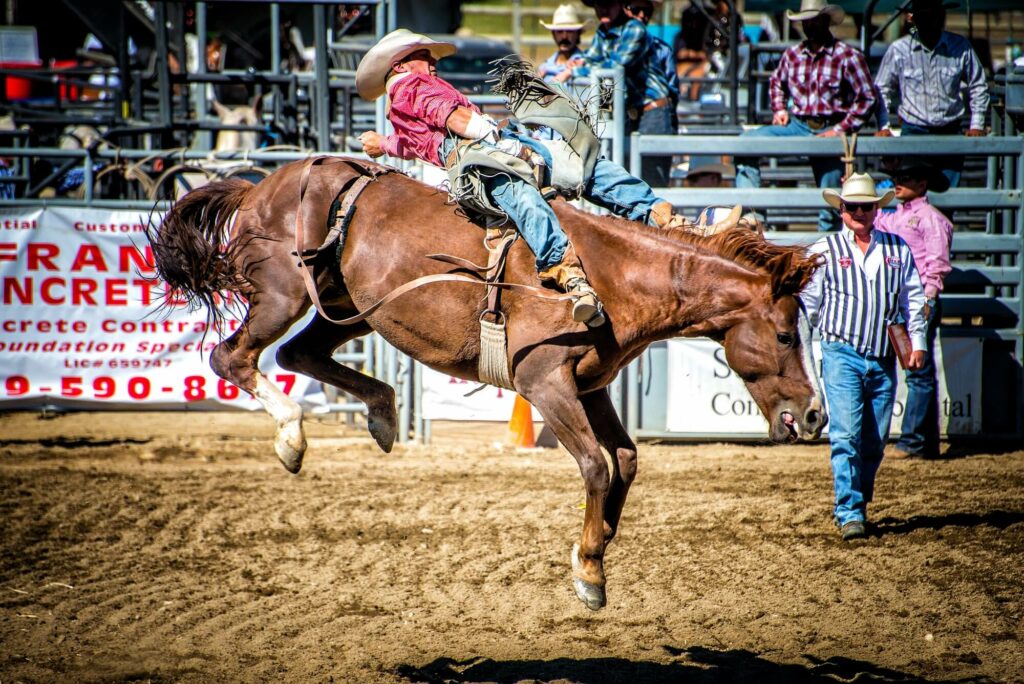
I have spent a few nights volunteering at the Fiesta Days Rodeo in Spanish Fork. My job was to ask the cowboys as they were limping back to the stands if they needed any help. Often, those cowboys were clearly injured, but would almost always shake their heads and mutter, “I’m OK, Doc.” They are some of the toughest people I know. My Utah cowboy patient taught me that tough guys on horses have the True Grit to get screened, and this screening can literally save their lives.
Colon cancer is one of the leading causes of death, but it doesn’t have to be. Be tough. Be as tough as a real Utah Cowboy or Utah Cowgirl. If you are due, get screened.
For more information:
